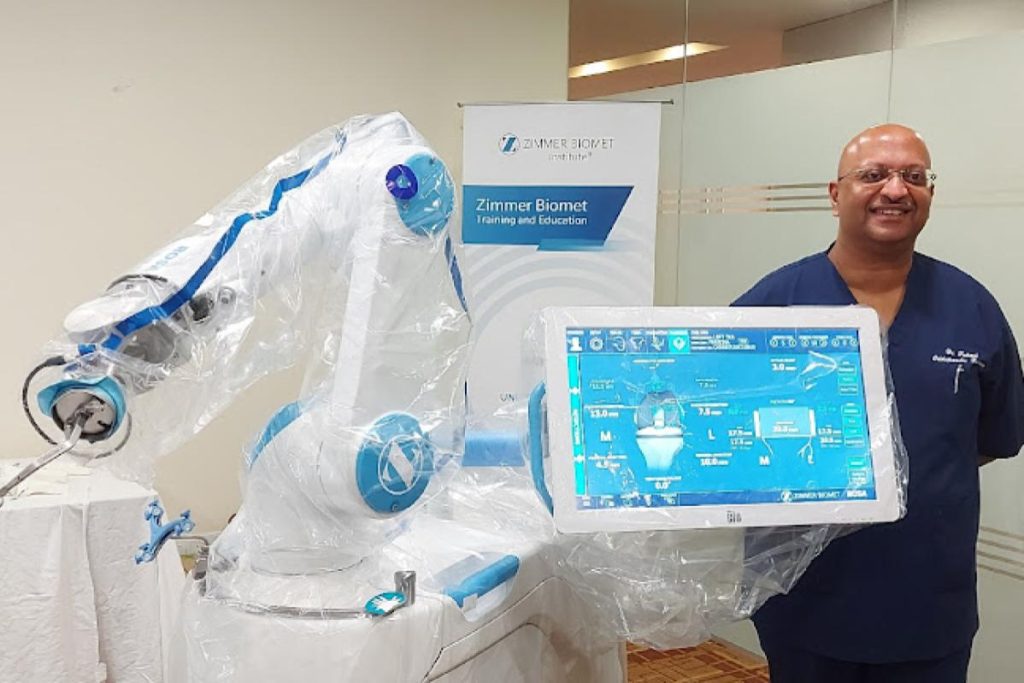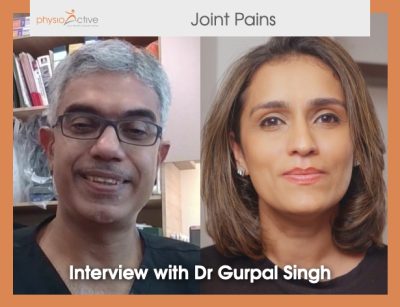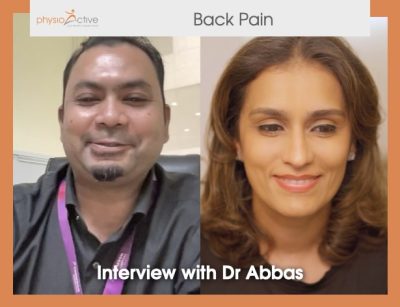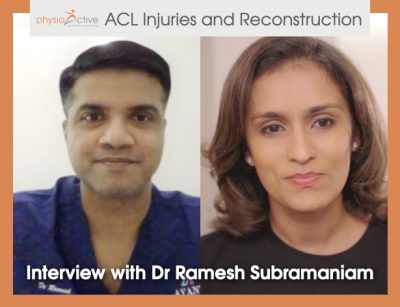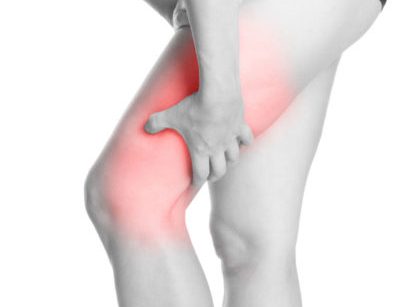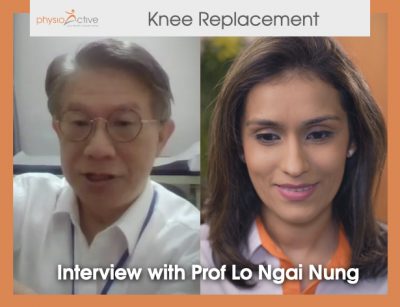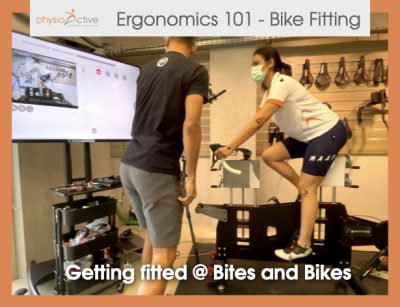Robotic Knee Replacement in Malaysia: A Practical Guide for Indonesians
Considering a robotic-assisted knee replacement in Malaysia? In this interview,
Prof. Dr. Suhail Suresh—orthopedic and arthroplasty (joint replacement) surgeon at
Sunway Medical Centre and professor at
Sunway University—explains how robotics improves precision,
speeds recovery, and what Indonesian patients can expect from consultation through rehabilitation. [oai_citation:0‡dr-suhail-suresh-x-physioactive.txt](file-service://file-FJeGT3kk784AHDz4WX316g)
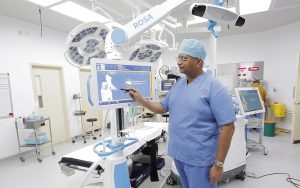
Dr Suhail Suresh with robot
Why Robotic Knee Replacement?
Robotic assistance helps surgeons plan highly precise bone cuts, align implants accurately, and personalize sizing based on live mapping of your knee anatomy.
Compared with older conventional tools, this approach can translate to smaller incisions, less pain,
and faster functional recovery. While “robotic surgery” can sound fully automated, Prof. Suresh stresses that it’s
robotic-assisted—the surgeon remains in full control throughout the procedure.
To understand the technology background, you can read more about robotic-arm systems such as
Mako,
and review general knee replacement guidance from the
American Academy of Orthopaedic Surgeons (AAOS) and the
UK National Health Service (NHS).
Who Is a Candidate?
Candidates usually have painful, degenerative knee arthritis that no longer responds to conservative care. According to Prof. Suresh,
modern robotic workflows support a wide range of deformities—he reports successfully using robotics across 100% of cases in his practice,
including significantly bowed or angulated knees. The key is a careful clinical assessment to confirm you’re ready for surgery and that benefits clearly outweigh risks.
What the Implant Is Made Of
Typical knee replacement constructs include metal components (often titanium and cobalt-chromium alloys) with a highly cross-linked polyethylene insert.
With proper alignment, activity modification, and follow-up, contemporary implants can last decades. For foundational, non-branded reading on implant materials and survivorship,
see the AAOS and NHS resources linked above.
Travel Plan: Jakarta to Kuala Lumpur
Pre-Trip & Hospital Stay
Prof. Suresh outlines a streamlined itinerary for Indonesian patients:
pre-op labs and medical summary done at home, fly in one day before surgery, complete hospital checks, then surgery the next day.
Patients usually stand and walk (with a frame) the day after surgery, stay in hospital 2–3 nights, and then remain in Kuala Lumpur for
a few more days before flying home. Total time on the ground is typically 7–10 days.
Because of flight-related clot risks, patients use blood thinners and compression stockings during the early post-op period.
For general education on clot prevention, see the
WHO overview of venous thromboembolism.
Rehabilitation & Activity: What to Expect
Early Gains with Robotic Assistance
Ward physiotherapy starts the day after surgery—sit-to-stand, short ambulation, range-of-motion drills.
Many patients transition off walkers around two weeks, much earlier than in conventional pathways, and
continue outpatient physio 1–2× per week for about six weeks (adjusted to progress).
High-impact activities (running, jumping, contact sports) are discouraged to protect implant longevity;
low-impact options like swimming, cycling, golf, light racquet games, and hiking are typically allowed with guidance.
If you’re based in Jakarta, you can coordinate cross-border care: begin rehab in Malaysia, then continue at
Physioactive Indonesia with a surgeon summary and individualized program.
Your Next Steps
If knee pain is limiting your life, get a structured assessment. A good workflow: initial evaluation, imaging review, comprehensive education,
and—if indicated—planning for robotic-assisted replacement. To prepare, learn the basics of
knee replacement recovery timelines,
and speak with your physiotherapist about prehab to boost post-op outcomes.
Helpful Local Resources
- Physiotherapy Services in Jakarta
- Physioactive Blog: Recovery Tips
- Clinics & Locations
- Sunway Medical Centre
- Sunway University
- AAOS—Patient Education
- About Robotic-Arm Assistance
- WHO: Blood Clot Prevention
Contact & Appointments
Sunway Medical Centre, Sunway City, Kuala Lumpur
5, Jalan Lagoon Selatan, Bandar Sunway, 47500 Subang Jaya, Selangor Darul Ehsan, Malaysia
Email: [email protected]
WhatsApp: +6019 – 200 9191
Website: www.sunwaymedicalinternational.com
PhysioActive Singapore:
Website: www.physioactive.sg
PhysioActive Indonesia:
Website: www.physioactive.id
Booking: Click here.

